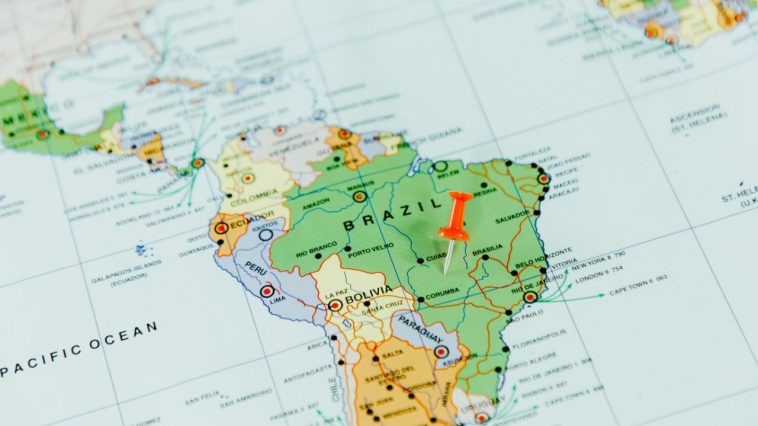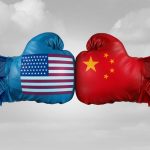Welcome to Latam Insights, a compendium of the most relevant crypto and economic development news from Latin America during the last week. In this issue: Inflation in Argentina goes over 100%, El Salvador issues its first digital assets licenses, and the crypto-linked corruption probe in Venezuela is still ongoing.
Argentina Registers 104.3% Inflation In March, the Highest in Latam
The National Institute of Statistics and Census in Argentina released inflation numbers for March 2023, registering a 7.7% increase month-over-month. This number is higher than the 6.6% registered during February, produced by an increase in education and foods and beverages.
With this number, Argentina registers inflation levels of 104.3% year-over-year, being the highest inflation level in Latam according to regional estimations. Analysts are worried about the evolution of this variable, given that even government price control programs have been unable to slow it down.
Soledad Pérez Duhalde, an Argentine economist, stated:
The inflation data for March is terribly negative news. Inflation is rampant in Argentina, and without a program and without anchors it will be very difficult to break this trend.
El Salvador Issues Its First Digital Assets Licenses
The government of El Salvador delivered the first digital assets licenses in the country, allowing cryptocurrency exchanges and custody providers to issue digital securities in a regulated environment. The first company to receive the license was Bitfinex Securities El Salvador, a newly incorporated company that will operate independently from Bitfinex, the well-known cryptocurrency exchange.
According to statements from Bitfinex CTO Paolo Ardoino, this represents a milestone that will allow companies to tap into the digital market to raise capital, among other functions. Ardoino stated:
It means that a whole range of entities, from small companies to governments, can raise capital in a regulated environment, and tap into a class of investors that are extremely comfortable with crypto assets and tokenized securities, which represents a market of over $1 trillion with a peak of $3 trillion.
Two more licenses were also granted, one for E4, a company founded by Strike founder Jack Mallers, and Ditobanx, a Salvadoran startup.
Venezuelan Cryptocurrency Corruption Probe Continues
The oil-related cryptocurrency corruption probe, which allegedly involves the use of cryptocurrency linked to oil sales, continues evolving in Venezuela. According to reports, the existence of Sunacrip, the Venezuelan cryptocurrency watchdog, is at risk.
Former employees of the institution explained that all the available personnel had been laid off without justification, which has led to speculation about the future of the institution. In addition, the logo of the institution has been retired from the building where its offices were.
As a consequence of this probe, all registered Bitcoin mining farms were ordered to stop operations on March 15, with miners complaining about significant losses resulting from this decision.
What do you think about the developments in Latin America this week? Tell us in the comment section below.
https://news.bitcoin.com/latam-insights-inflation-skyrockets-in-argentina-el-salvador-processes-digital-assets-licenses-venezuelan-crypto-corruption-probe-continues/





 BTC-USD
BTC-USD  ETH-USD
ETH-USD  LTC-USD
LTC-USD  XRP-USD
XRP-USD